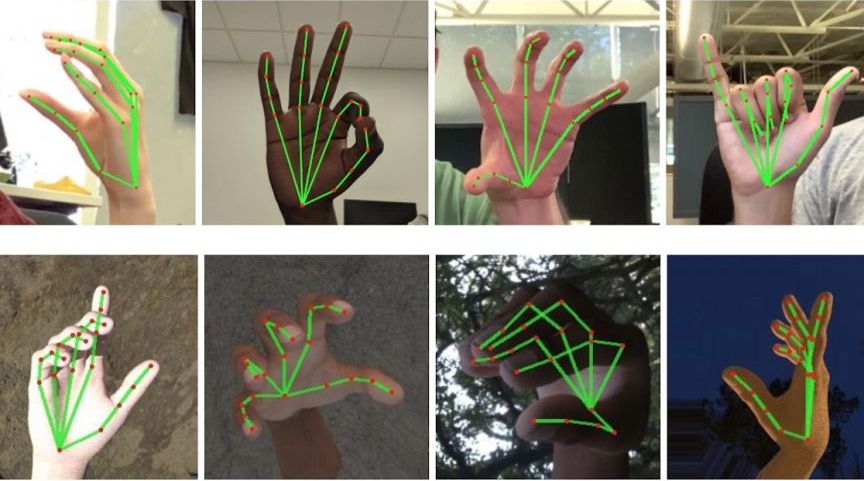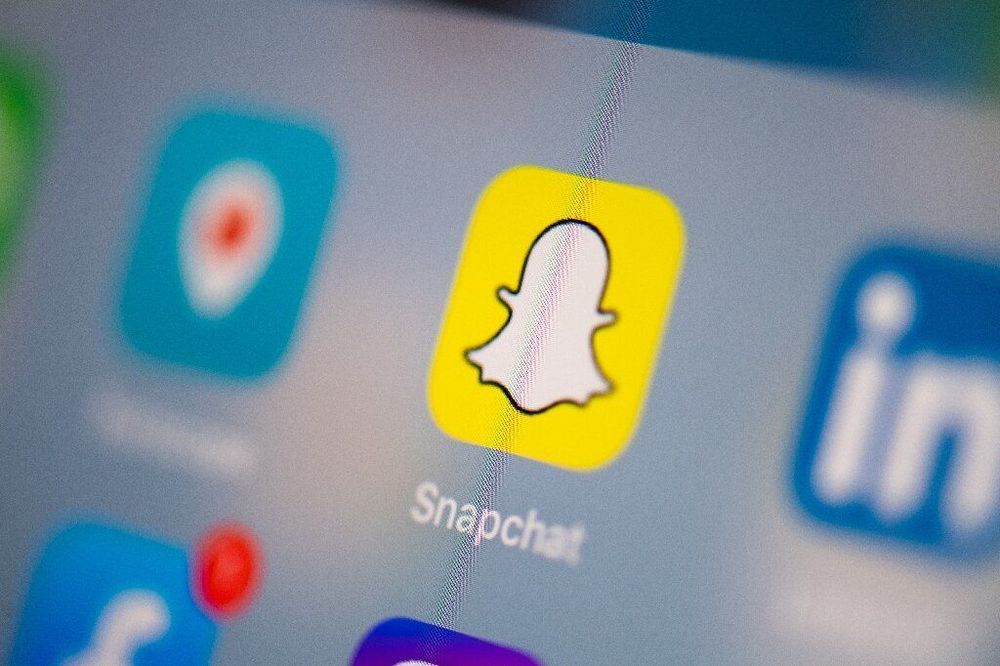Several companies, like SignAll and Kintrans, have created hand-tracking software that tries, with little success so far, to allow the millions of people that use sign language and an app to easily communicate with anyone.
Now, a new hand-tracking algorithm from Google’s AI labs might be a big step in making this ambitious software everything it originally promised.
RELATED: THIS SMARTPHONE APP CAN SAVE YOUR LIFE WITH JUST 3 WORDS






